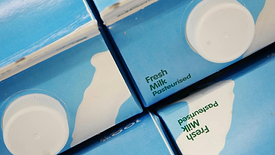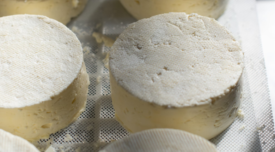Process Validation
From Benchtop to Scale-Up: Food Safety Considerations for New Product Development
A robust product development process builds control into the process so that food safety variables are properly considered
February 13, 2024
Never miss the latest news and trends driving the food safety industry
eNewsletter | Website | eMagazine
JOIN TODAY!Copyright ©2025. All Rights Reserved BNP Media.
Design, CMS, Hosting & Web Development :: ePublishing












